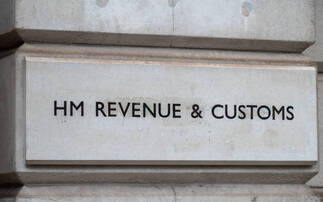Lloyds Banking Group has been accused of using a regulatory loophole to cut the amount of compensation it pays to customers mis-sold payment protection insurance (PPI), a BBC investigation has claimed.
The BBC found the banking giant had been using a regulatory provision called "alternative redress" which allowed them to pay claimants a lower amount of compensation.
It was able to do this by presuming certain customers who had been mis-sold a premium PPI policy would have instead taken out another, cheaper PPI policy and subtracting this amount from the compensation paid.
PPI expert Cliff D'Arcy said Lloyds had saved more than £60m in the past year by lowering compensation in this way.
D'Arcy told BBC Radio 4: "Frankly I'm amazed that this problem has existed throughout the last year and hasn't emerged into the light."
"A taxpayer sponsored bank is depriving taxpayers of their rightful compensation by using a loophole. It's a scandal coming out of a scandal," he said.
Lloyds said in a statement it had offered the correct level of compensation in line with regulatory guidance.
"The numbers that have been provided to the BBC by the claims management companies, are incorrect and deeply misleading," it said.
"Over 98% of upheld PPI claims have been paid with full redress. For less than 2% of claims, we have used a formula agreed with the FCA to offer comparative redress to customers.
"The FCA handbook is very clear that in these specific circumstances, the provider should give redress that puts the customer in the position they would have been in had the customer taken the regular premium policy."












